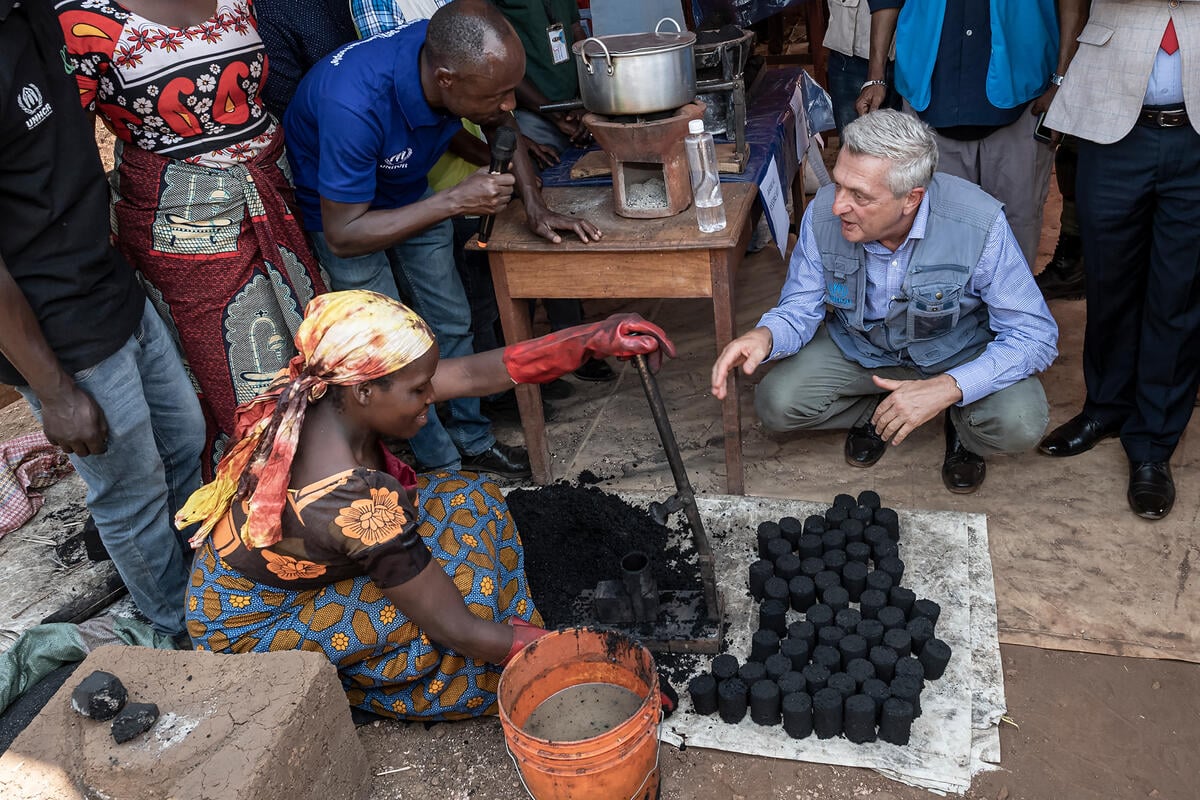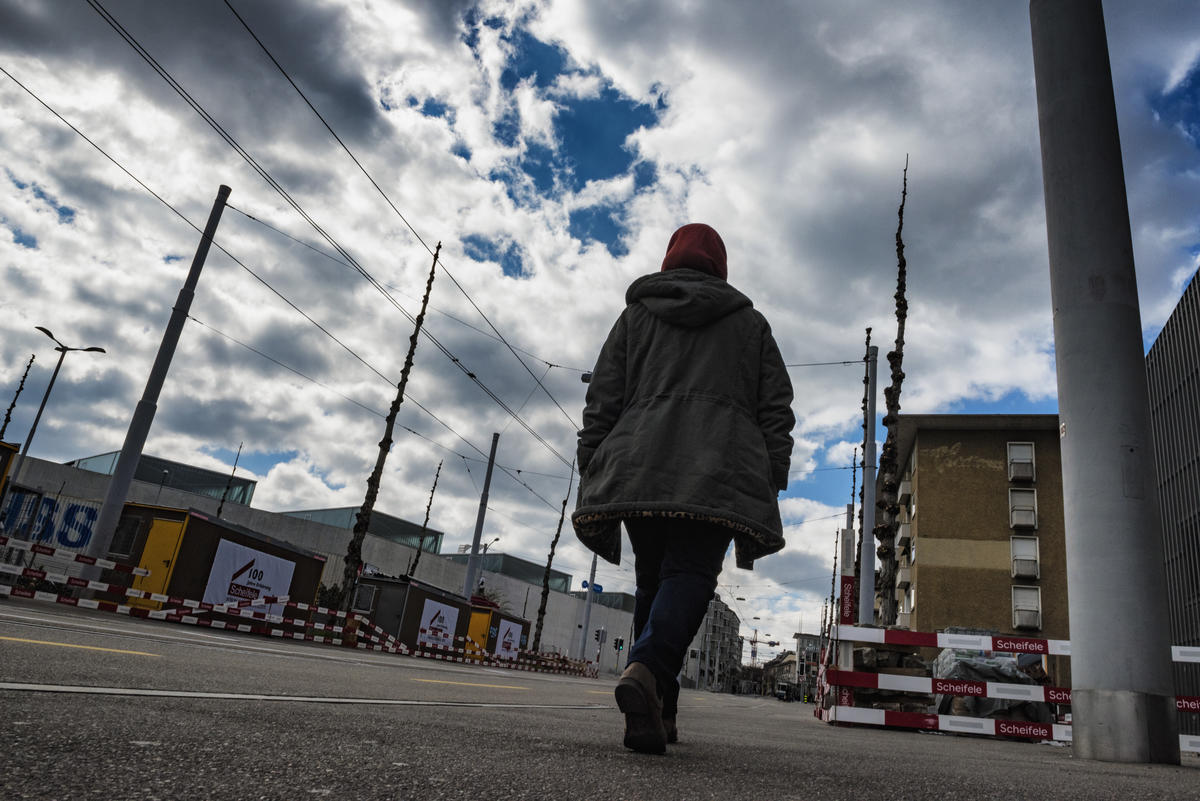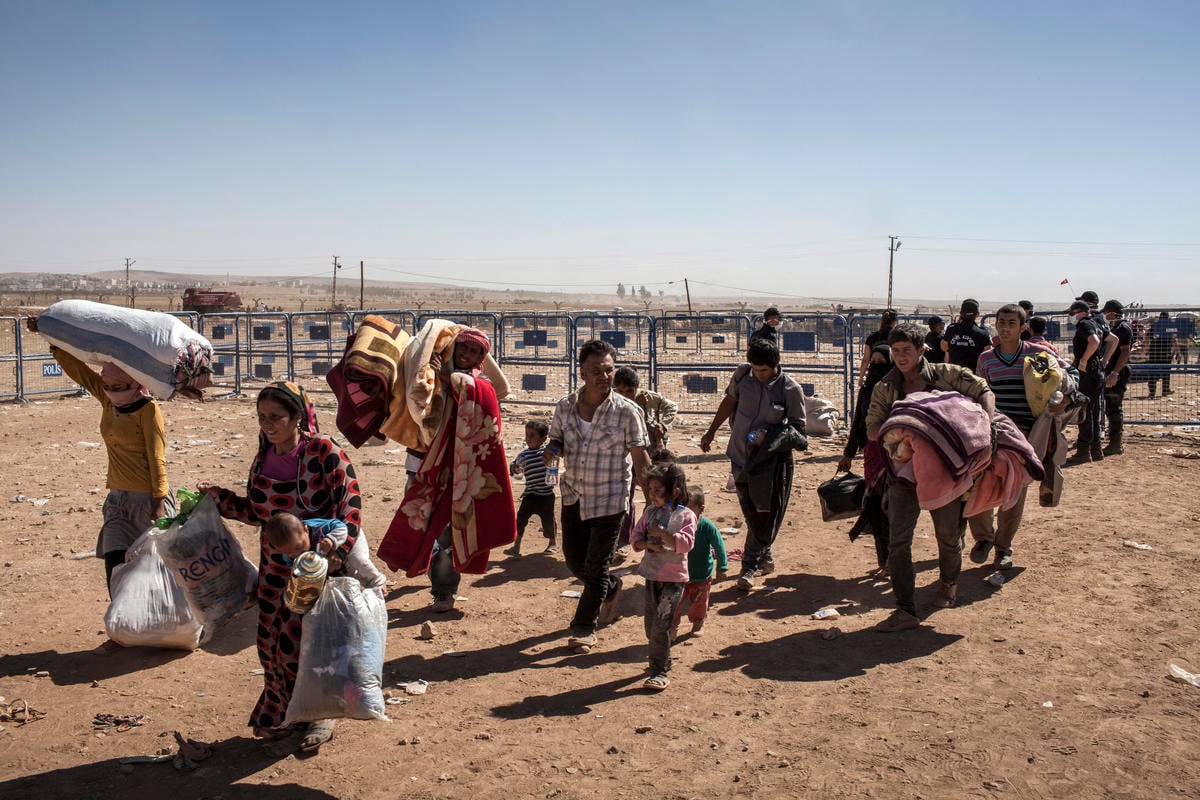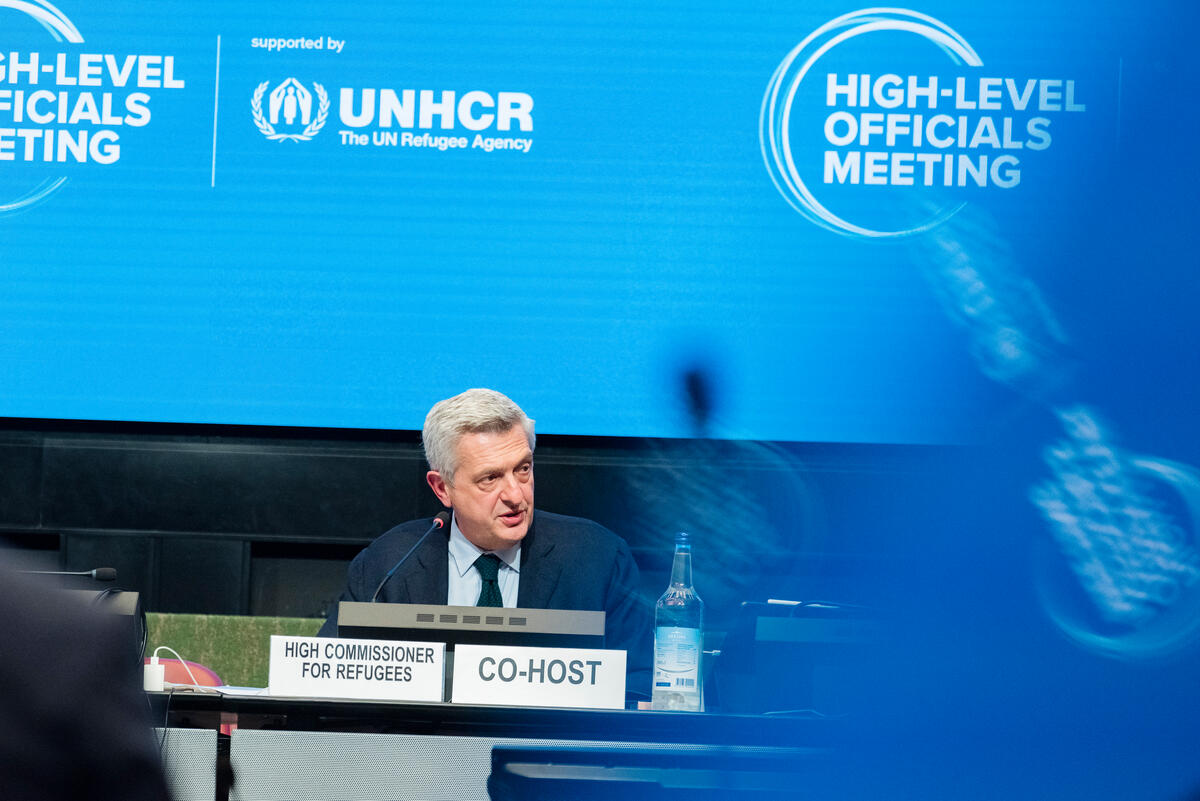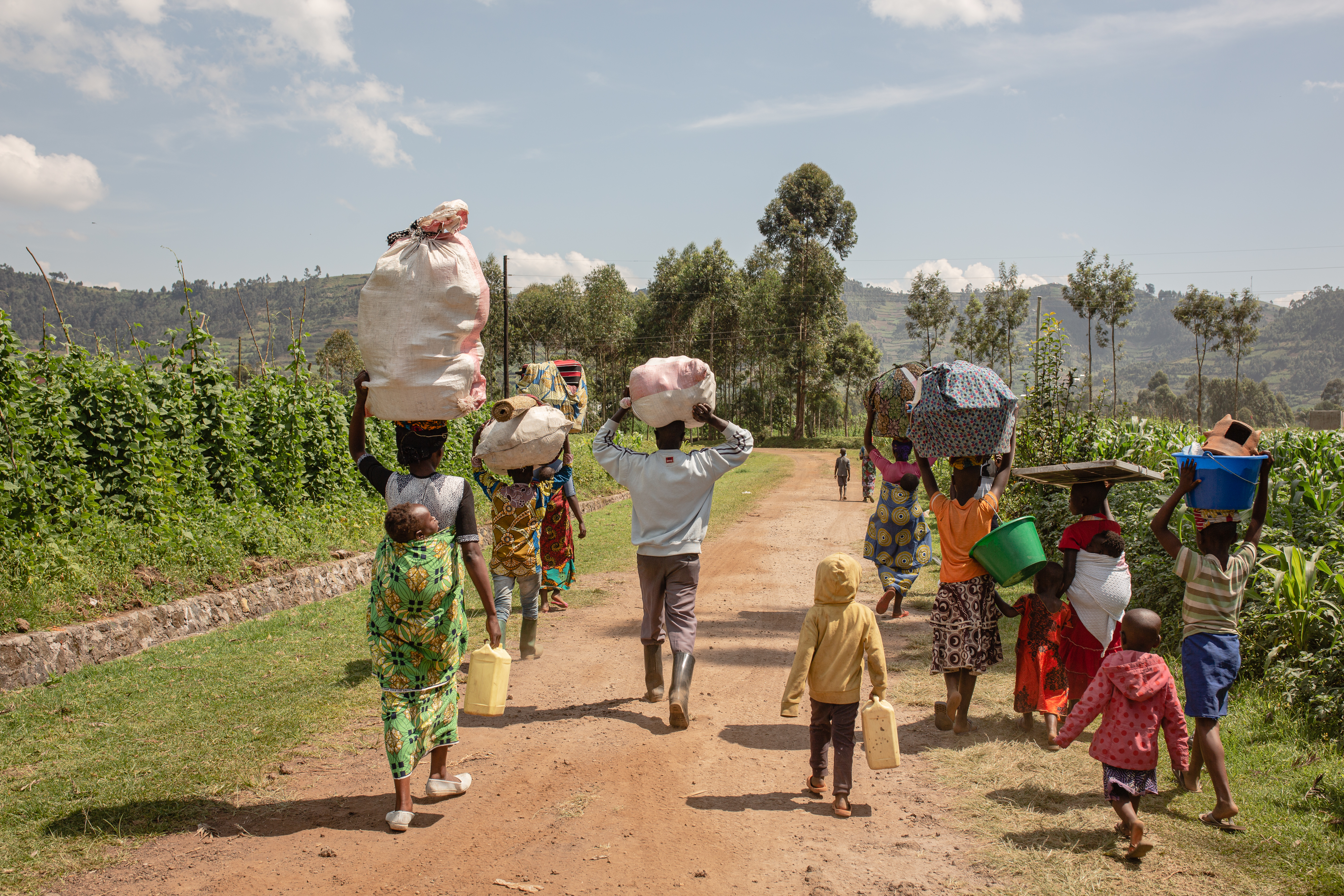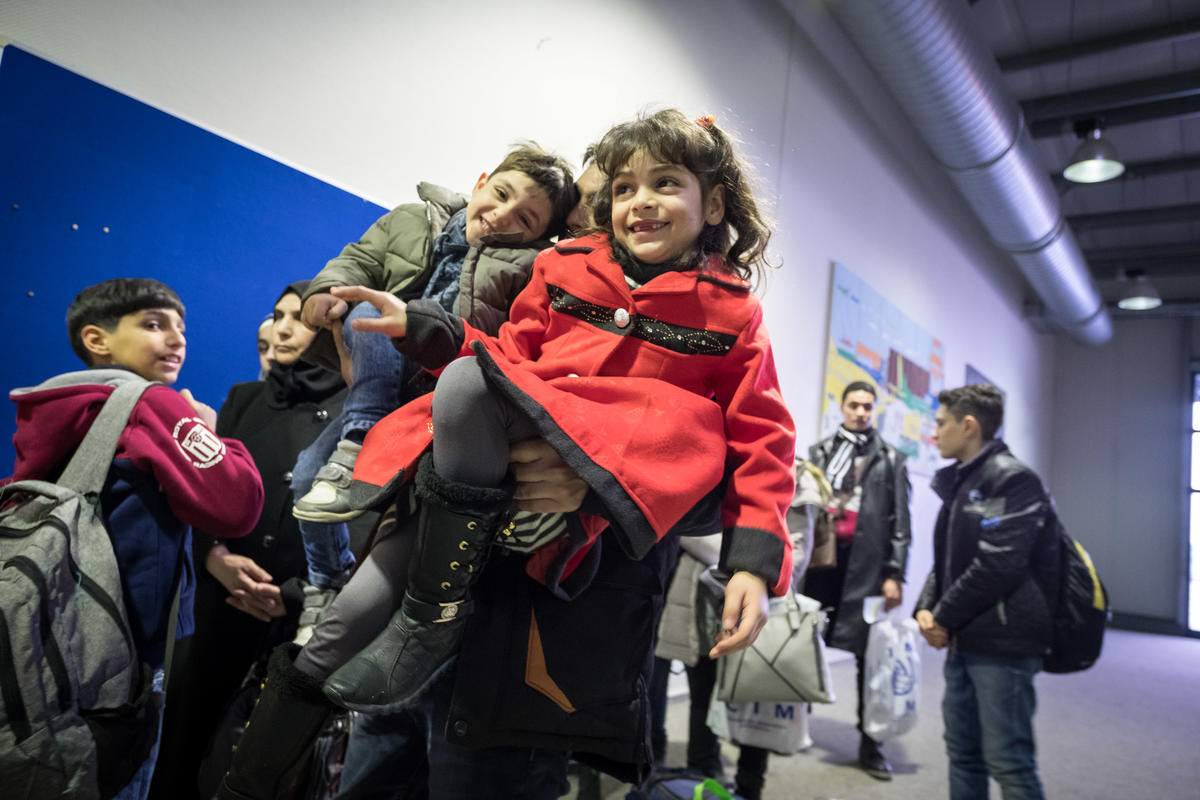UN Refugee Chief urges states to support fairer response to refugee crises
UN Refugee Chief urges states to support fairer response to refugee crises
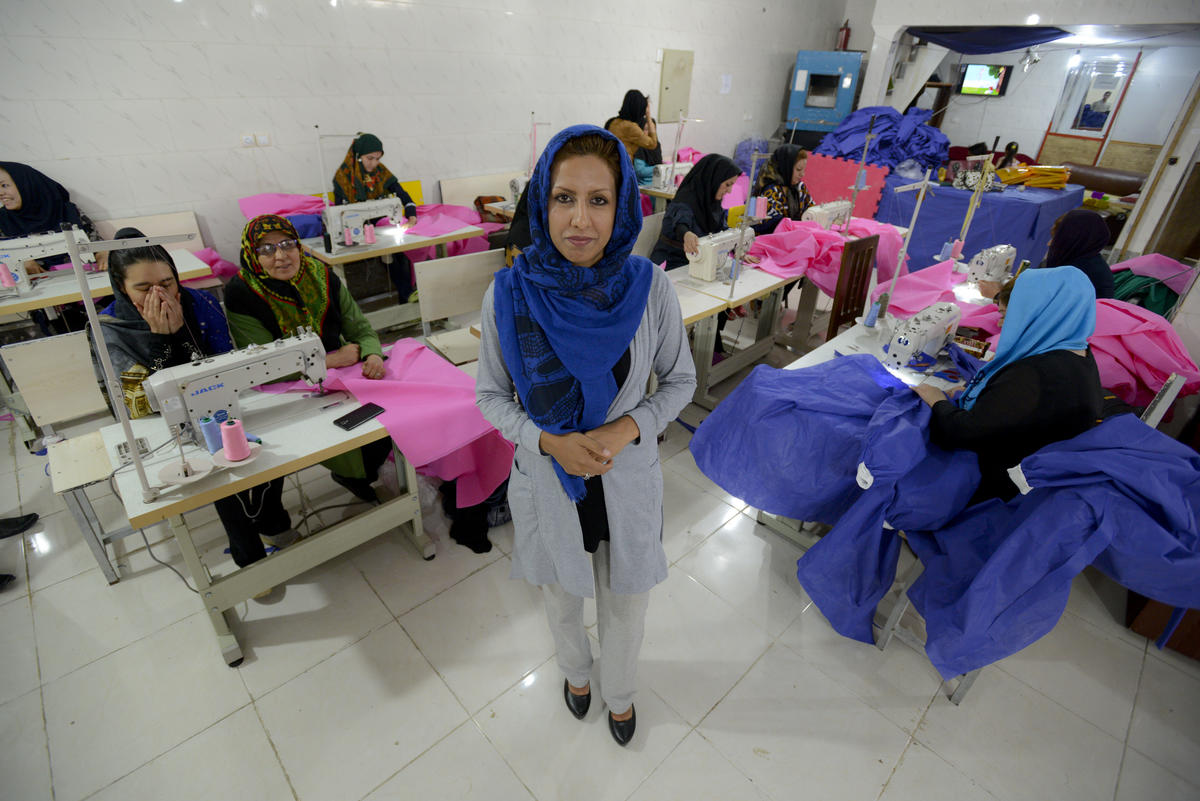
NEW YORK, United States – The UN High Commissioner for Refugees Filippo Grandi today called on UN member states to get behind a new global compact on refugees, which places the dignity, rights and aspirations of refugees and their hosts at its core.
Presenting his annual report and the compact to the Third Committee of the UN General Assembly in New York, Grandi said that multilateralism was holding its ground amidst much adversity, but needed reinvigorating.
“Refugees are an international concern, and a shared responsibility,” Grandi said. “In the compact, we will for the first time have a practical workable model, a set of tools that translates this principle into action.”
Grandi expressed concern about how more and more frequently, refugees and migrants have become targets and casualties of divisive political agendas and of regional and international politics.
“We must find a way to shake off the politics – and bring attention back to what matters – dignity, rights, and shared humanity,” Grandi added.
Two years ago, UNHCR was asked by the UN General Assembly to consult with all UN member states and other stakeholders to develop a new international deal for refugees – known as the global compact on refugees – and to propose it as part of its annual report to the world body, as Grandi did today.
“In the compact, we will for the first time have a practical workable model, a set of tools that translates this principle into action.”
“Refugees, if given the opportunity, can also be catalysts of humanity, solidarity, of a sense of shared purpose in society – in other words, of all that binds us together and makes us stronger in facing global challenges,” Grandi said.
Crises across all continents have driven the number of people forcibly displaced to 68.5 million people, including more than 25.4 million refugees, Grandi noted in his speech to the UN committee.
Political solutions remain largely out of reach, he said, while the intersection of conflict with other factors like climate change, poverty and inequality have led to complex population flows, which are difficult to address.
Grandi also noted that while there are many sobering examples of refugees and asylum-seekers being pushed away, there were countless local communities around the world – often in remote, border areas – which continue to offer protection and support to refugees despite their own limited means, driven by compassion and fundamental human values.

In many of these places, a new comprehensive response to refugees is taking root.
“Decades of keeping refugees apart, consigned to camps or on the margins of society are giving way to a fundamentally different approach – including refugees in national systems, societies and economies of their host countries for the time that it is necessary, and enabling them to contribute to their new communities and to secure their own futures, pending a solution to their plight,” Grandi said, noting the that the global compact started with the generosity of these communities.
Grandi urged member states to give the collective endeavor that the compact is strong support, and to help with its implementation.
Recalling the courage, resilience and determination of many displaced people he had met over the past year in Kenya, Syria, Iran and Colombia, among other countries, Grandi hoped this would be a moment to look back on.
“It will be up to all of us to make it work; to ensure that its promise becomes a reality for the millions of refugees and displaced people around the world who are counting on us."
“A moment when practical people came together to chart a different course towards a better, fairer, more equitable response to refugee crises, shielded from the vagaries of politics, adapted to our challenging world.”
“It will be up to all of us to make it work; to ensure that its promise becomes a reality for them, and the millions of refugees and displaced people around the world who are counting on us,” he concluded.
The global compact on refugees is expected to be validated by the UN General Assembly by the end of 2018.
You can read the full text of the High Commissioner's address here.


